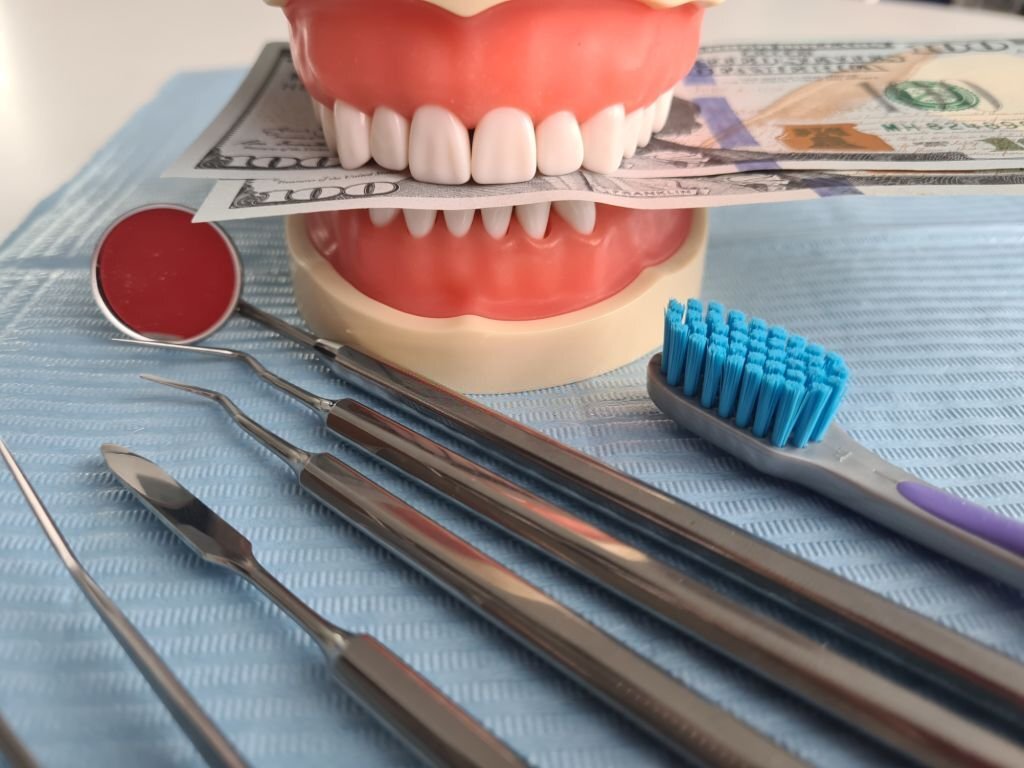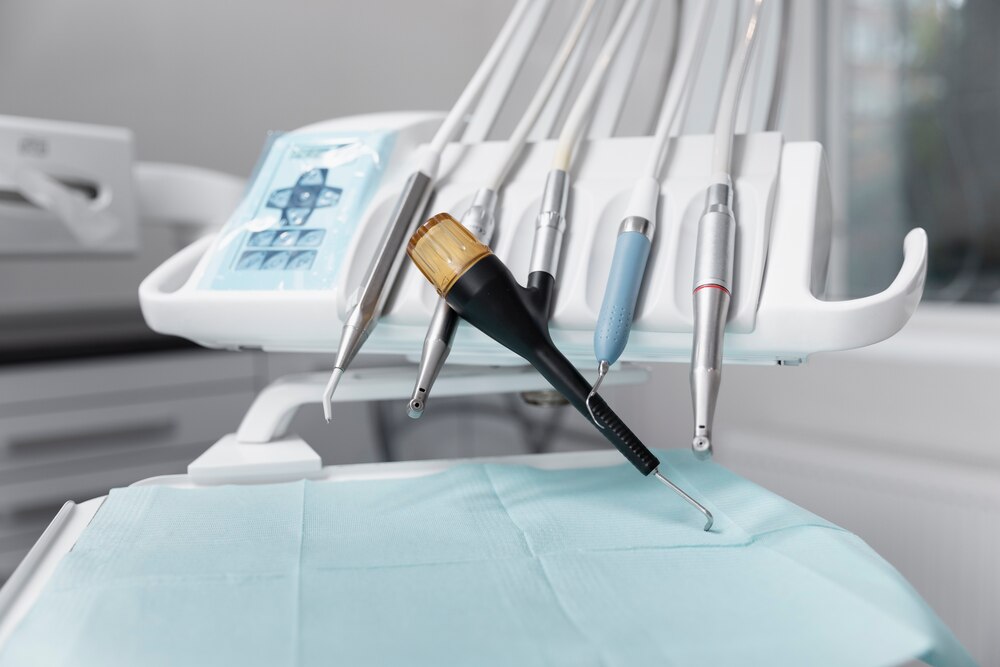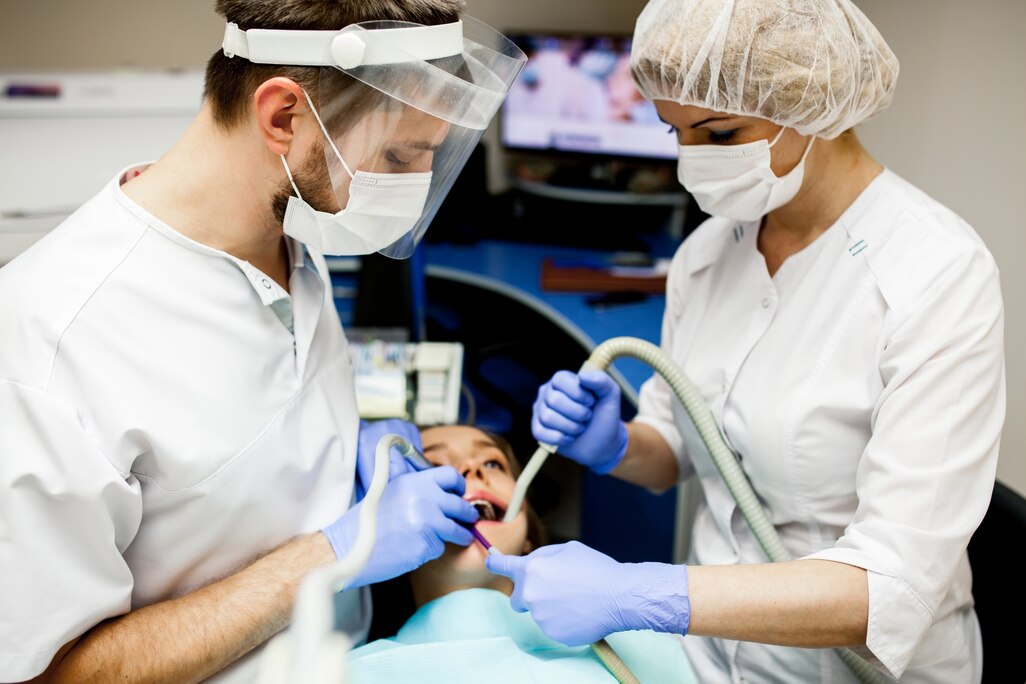Factors to Consider for Dental Extraction Expenses
Maintaining good oral health is essential for overall well-being, and sometimes it becomes necessary to have a tooth extracted. Dental extractions can be a daunting prospect for many individuals, not only due to the potential discomfort involved but also because of the associated costs.
Understanding the factors that contribute to the dentist tooth removal near Hammond, IN can help individuals make informed decisions and better prepare for the financial aspects of the procedure.
In this blog, we will explore the various factors that influence what is the cost of tooth removal and provide valuable insights into managing dental extraction expenses.
What You Need to Know:
· Type of Tooth Extraction
The dentist tooth removal near Hammond, IN can vary depending on the complexity of the procedure. There are two primary types of extractions. Firstly, the simple extractions and the surgical extractions. Simple extractions involve removing a tooth that is fully visible and easily accessible.
Similarly, these extractions are typically less expensive compared to surgical extractions, which involve the removal of impacted or partially erupted teeth. Moreover, surgical extractions often require additional techniques and these techniques often determine what is the cost of tooth removal. For example, such as bone removal or sutures, which can contribute to higher costs.
· Location and Dentist’s Experience
The tooth extraction near Hammond, IN can also vary based on geographical location and the experience of the dentist. Due to high operating costs dental services in urban areas tend to be more expensive if compared to rural areas. Additionally, experienced dentists who have a reputation for successful extractions may charge higher fees for their expertise.
However, it is important to note that the dentist’s experience and skill level are crucial factors. So, opting for a qualified and experienced Hammond Dental can help ensure a smoother procedure and reduce the risk of complications.
· Insurance Coverage
Another important consideration when estimating the cost of tooth extraction is dental insurance coverage. Dental insurance plans vary in terms of coverage and limitations. So, it is essential to review the policy details before undergoing the procedure.
Similarly, some insurance plans may cover a significant portion of the extraction costs, while others may provide limited coverage or require specific criteria to be met. Understanding the coverage provided by your insurance plan can help you plan and budget accordingly.
· X-rays and Pre-Extraction Procedures
Before a tooth extraction, your dentist may require X-rays to assess the tooth’s position, condition, and surrounding structures. These X-rays can add to the overall cost of the procedure.
In some cases, additional pre-extraction procedures may be necessary, such as a dental examination or consultation. These preliminary steps contribute to the overall expenses, so it’s important to inquire about the costs of these services beforehand.
· Anesthesia and Sedation Options
The use of anesthesia or sedation during a tooth extraction can affect the overall cost. Local anesthesia, which numbs the area around the tooth, is generally included in the basic extraction fee. However, for complex or surgical extractions, general anesthesia or intravenous (IV) sedation may be required.
Additionally, these options may come with additional costs due to the involvement of an anesthesiologist or the use of specialized equipment. Discussing the available anesthesia and sedation options with your dentist will help you understand the associated expenses.
· Post-Extraction Care and Medications
After tooth extraction, post-operative care, and medications are crucial for proper healing and pain management. Your dentist may prescribe antibiotics or pain medications, which will incur additional costs.
It is important to follow your dentist’s instructions and take the prescribed medications to ensure a smooth recovery. Inquiring about the costs of post-extraction care and medications in advance can help you budget for these necessary expenses.
· Additional Treatments or Restorative Procedures
In some cases, tooth extractions are followed by additional treatments or restorative procedures. For example, if a tooth is extracted due to severe decay or damage, a dental implant, bridge, or denture may be recommended to replace the missing tooth.
These additional treatments will incur their own separate costs, and it is important to consider these expenses when budgeting for a tooth extraction.





